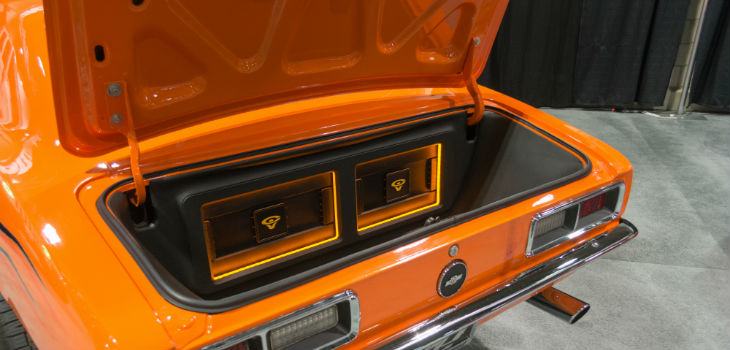9 Things You Should Never Do To Your Car

9) Install a deafeningly loud audio system
Not only is using a loud system in your car considered noise pollution in many towns and cities, but it can come with a ticket often exceeding $150 for each incident. Over time this can add up. However, the reason I mention why a loud audio system is a bad idea is due to the safety aspect, such as distracted driving and hearing loss. Loud music may not feel like distracted driving, however your chances of hearing emergency vehicles, horns honking and pedestrians trying to get your attention are close to zero if you have your music turned all the way up. Not to mention the groove you get into while listening to your favorite tunes, and the personal emotion that causes you to ignore several driving laws as you shake your shoulders and stomp your feet. In addition to distraction, you will face physical consequences such as hearing loss, which is permanent. Consider this. Listening to music on your IPhone, turned all the way up and with ear buds can cause permanent hearing loss after 15 minutes. Your car’s sound system is louder than that.
